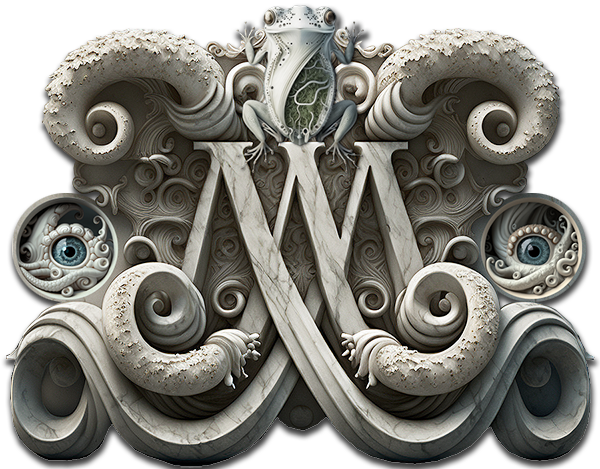
I continued, a little impatiently: “He knows history as no one else could know it. Nothing, however trivial, escapes his search, and his memory is so absolute, so precise in details, that were it known in New York that such a man existed the people could not honor him enough.”
“Nonsense!” muttered Hawberk, searching on the floor for a fallen rivet.
“Is it nonsense,” I asked, managing to suppress what I felt “is it nonsense when he says that the tassets and cuissards of the enamelled suit of armor commonly known as the ‘Prince’s Emblazoned’ can be found among a mass of rusty theatrical properties, broken stoves, and ragpicker’s refuse in a garret in Pell Street?”
Hawberk’s hammer fell to the ground, but he picked it up and asked, with a great deal of calm, how I knew that the tassets and left cuissard were missing from the “Prince’s Emblazoned.”
“I did not know until Mr. Wilde mentioned it to me the other day. He said they were in the garret of 998 Pell Street.”
“Nonsense!” he cried; but I noticed his hand trembling under his leather apron.
“Is this nonsense, too?” I asked pleasantly. “Is it nonsense when Mr. Wilde continually speaks of you as the Marquis of Avonshire, and of Miss Constance ”
I did not finish, for Constance had started to her feet with terror written on her every feature. Hawberk looked at me and slowly smoothed his leathern apron. “That is impossible,” he observed. “Mr. Wilde may know a great many things ”
“About armor, for instance, and the ‘Prince’s Emblazoned,'” I interposed, smiling.
“Yes,” he continued, slowly, “about armor also maybe but he is wrong in regard to the Marquis of Avonshire, who, as you know, killed his wife’s traducer years ago, and went to Australia, where he did not long survive his wife.”
“Mr. Wilde is wrong,” murmured Constance. Her lips were blanched, but her voice was sweet and calm.
“Let us agree, if you please, that in this one circumstance Mr. Wilde is wrong,” I said.

